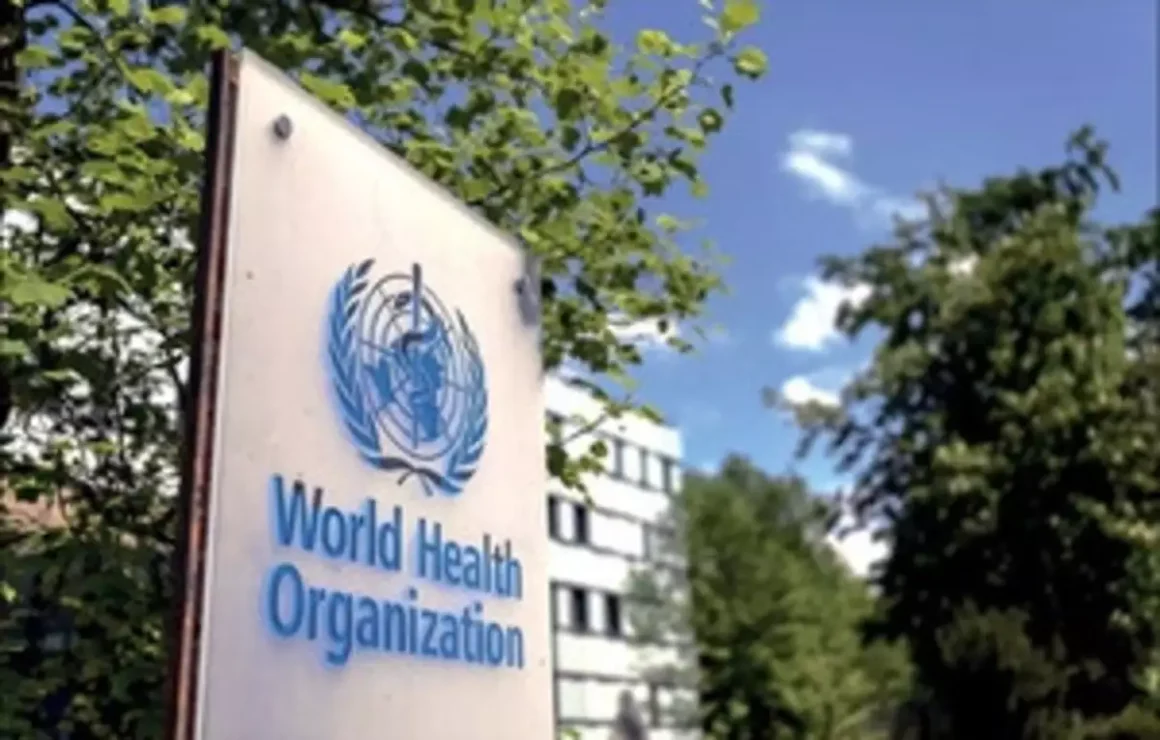‘Mental Health at Work’
By Saima Wazed, WHO Regional Director for South-East Asia. World Mental Health Day, marked annually on 10 October. Aims to raise awareness of mental health issues and encourage efforts to support those experiencing mental health issues. It was first observed in 1992, at the initiative of World Federation for Mental Health.
This year, the theme reminds us of the importance of ‘mental health at work.’ Safe, healthy working environments can act as a protective factor for mental health. Unhealthy conditions – including stigma, discrimination, and exposure to risks like harassment – can affect mental health.
As well as the impacts on individuals and their families. Poor mental health can lead to decreased performance, absenteeism, and increased staff turnover. Depression and anxiety alone result in the loss of approximately 12 billion work days each year. Costing the global economy around US$1 trillion annually.
While we spend approximately a third of our lives at work. It is easy to overlook the importance of mental health in the workplace. For many of us, work is a significant source of stress, anxiety, and pressure. And yet, because it is a place where we spend most of our time. Positive change created at work can make a significant change in our lives.
As endorsed and mandated by our Member States, mental and psychosocial health and wellbeing. This is one of the cornerstones of our Regional Roadmap for Results and Resilience. Thus, in keeping with the roadmap, we recently announced SEARO Care. Our groundbreaking initiative to improve the mental health and wellness of all WHO work at our Regional and Country Offices. Once piloted and then formally launched, we hope SEARO Care can become a case-study and model for other companies and organizations in our region.
SEARO Care’s two main pillars are to improve the working environment in all our offices, and to protect and promote the mental health of all our colleagues.
Improving the working environment encompasses both the physical and psychological environments in which our colleague work. This includes providing areas to socialize, ergonomic office equipment, exercise facilities and more. Undertakings to promote mental health will include training managers on mental health, mindfulness workshops, surveys and more. Direct interventions to protect mental health will include counselling services, referral pathways, peer advisory networks and other related initiatives.
We know that if SEARO Care is successful, it will create a supportive environment where employees feel valued, respected, and cared for. It will ensure higher job satisfaction, reduced stress levels, and improved overall happiness among employees. These changes should foster a positive organizational culture characterized by trust, open communication, and mutual respect. We expect that it will help the staff to adapt to changes and overcome challenges effectively, while reducing absenteeism and presentism. That alone should promote collaboration and innovation, and help us collectively work towards our regional goals.
This World Mental Health Day, I am pleased and proud that our WHO Regional office will lead the way to ‘be the change we want to see.’ While promoting a greater awareness across our region of the importance of mental health at work, we will take tangible steps to improve the organizational culture and mental health of everyone within our WHO SEAR family.
I trust that our experiences with SEARO Care will provide the blueprint for companies, institutions and organizations across South-East Asia to improve the psychological environment of their workplaces, and the mental health of all their staff and colleagues. This culture change could, by itself, have a transformative impact across our region.
This World Mental Health Day, I am pleased that SEARO is leading with concrete actions to recognise the importance of mental health at work. I urge others to do the same.

